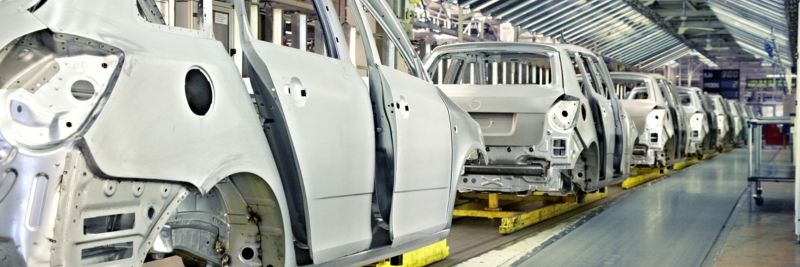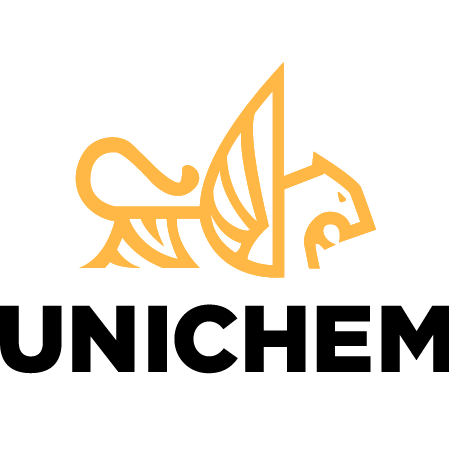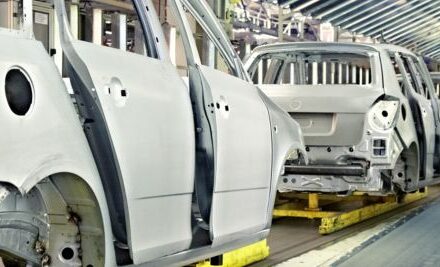
The demand for lightweight, durable, and efficient manufacturing solutions is ever-present in the continually evolving transportation manufacturing industries. One crucial aspect that has significantly impacted these markets is the use of functional laminating adhesives in the assembly of multiple composite coils.
These panels consist of two thin outer layers bonded together with an adhesive core material. The result is a cost-effective composite that offers a unique blend of customizable properties: aesthetic, strength, fire protection, insulation, weight reduction, sound dampening, etc., making coil-coated metal composite a popular choice in automotive, aerospace, transportation, and architectural applications.
Types of Adhesive Solutions
Various types of coil-applied adhesives support lean manufacturing processes and high-quality laminate solutions to a growing number of end markets.
Lamination Adhesives for Metal to Metal or Metal to Variety of Substrates
Lamination adhesives are designed to bond the outer layers of the sandwich panel, with the adhesive becoming the functional core within the composite sandwich. They play a pivotal role in ensuring the structural integrity of the panel. These adhesives are formulated to withstand the demanding conditions required in the manufacturing of the final structural components, ensuring a strong, durable, permanent bond.
The use of single-stage or B-State laminating adhesives is crucial in manufacturing vehicle panels especially in scenarios where metal substrates need to be joined with other metals or other substrates. Exceptional adhesive properties are required for bonding metal components to ensure a secure and long-lasting connection.
Manufacturing Process
The manufacturing process of composite panels involves carefully controlled parameters, primarily temperature and pressure, during the lamination step. These parameters are critical to achieving a perfect chemical and physical bond, which ultimately results in a permanent thermoset layer joining the two substrates. This process ensures the panels’ structural integrity, even in demanding applications.
Nip, Temperature, and Pressure
At the nip, or the point of lamination, temperature and pressure are meticulously regulated. The temperature is adjusted to activate the adhesive, while the application of pressure ensures that the adhesive spreads evenly and forms a void-free, strong bond between the substrates. These parameters are finely tuned to achieve the desired results, and any deviation can lead to subpar panel quality.
Curing and Permanence
As the adhesive cures, the chemical and physical bond between the substrates is completed. The adhesive solidifies and becomes fully cured, transforming into a permanent thermoset layer. This permanent bond guarantees the structural integrity of the sandwich panel, making it suitable for applications where strength and longevity are paramount.
Future Fabrication Steps
Once the two substrates are joined by the adhesive, the resulting composite can proceed to additional fabrication steps. Depending on the specific manufacturing process, these steps can be carried out immediately or at a later date. This flexibility allows for efficient production planning and the adaptation of panels to meet custom requirements.
uniBOND by UNICHEM Recognized for High Performance and Reliability
uniBOND adhesive solutions play a pivotal role in the manufacturing of composite panels for various end markets, ranging from transportation applications, as well as architectural uses. The precise control of temperature and pressure at the lamination step ensures a strong and permanent bond, making these panels ideal for demanding environments. UNICHEM’s industrial adhesives, uniBOND, with its heat-activated functionality, are available as Single Stage, B-Stage, and Reactive Hot Melt types, which is a prominent example of the advancements in adhesive technology for this purpose.
Consider UNICHEM’s range of uniBOND products and innovations in industrial adhesives. UNICHEM offers more than 50 years of experience in designing and engineering chemicals, coatings, and adhesives rigorously tested for quality performance and process improvement. Contact us to learn more about our industrial adhesive solutions for lamination to metal for vehicle manufacturing and many other market applications.


